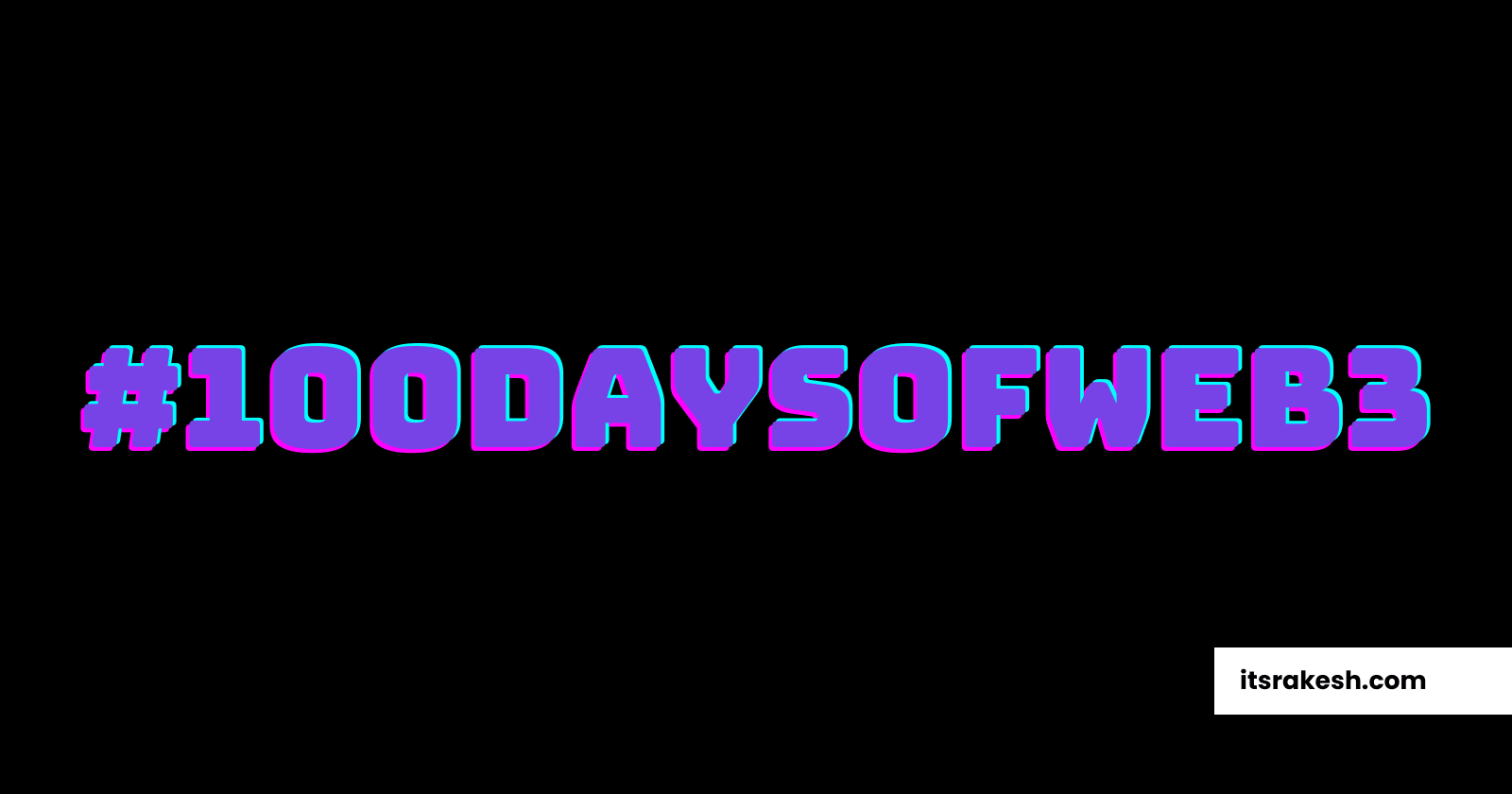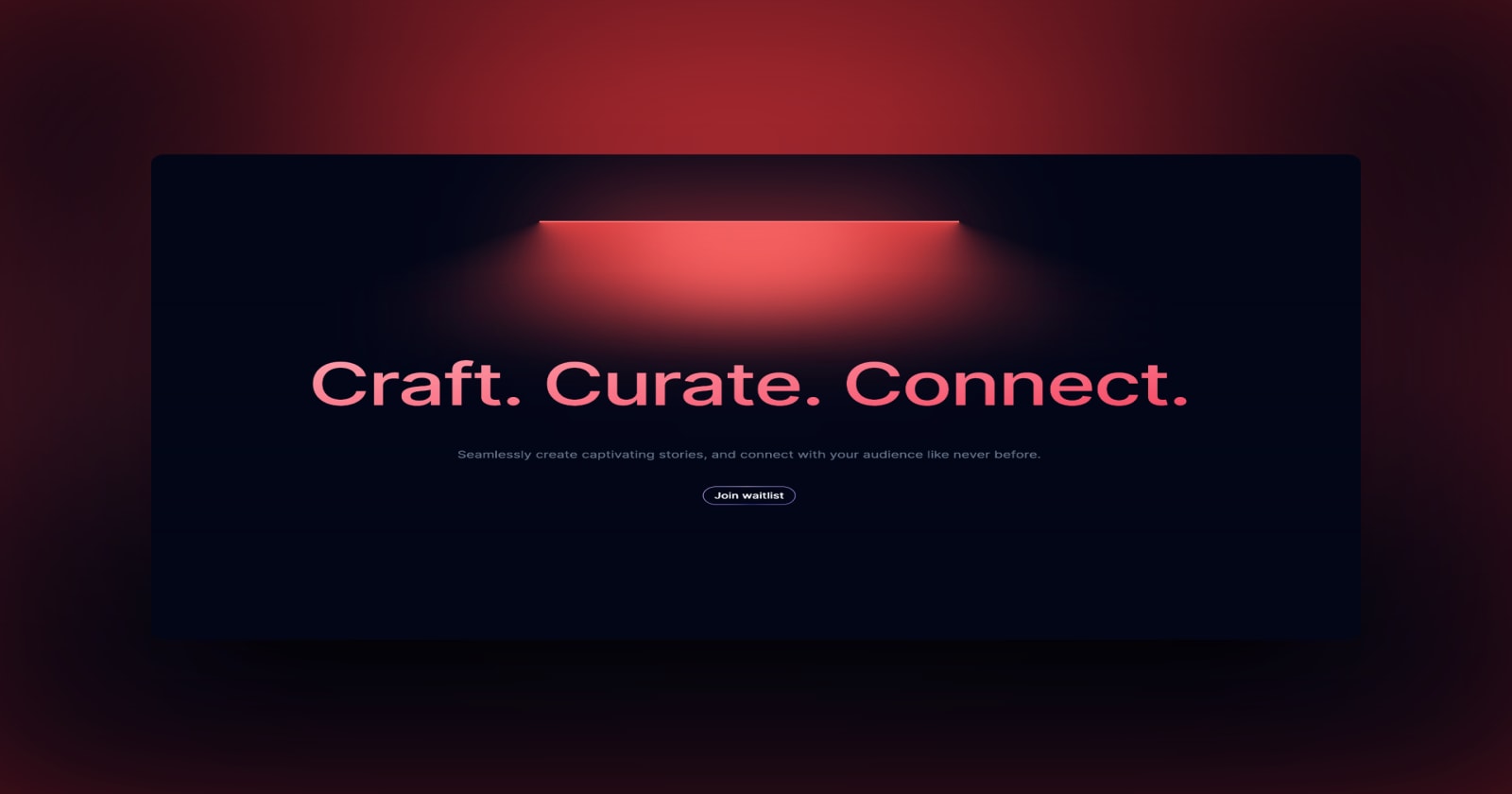
Join me in the #100DaysOfWeb3 challenge - Learn together
Alexander Kallaway created the #100DaysOfCode challenge to encourage people to learn to code on a regular basis. As part of the challenge, you must devote one hour per day to learning to code and share your progress on Twitter. This challenge was a huge success. More information about this challenge can be found here. It doesn't stop there; people gradually began to create their own challenges, such as #100DaysOfUIUX, #100DaysOfPython, #100DaysOfCSS, and many others. #100DaysOfWeb3 is one of those challenges.
Join me in the challenge
I'm going to approach this challenge a little differently. Rather than sharing my daily progress, I will share the topics I learn in the form of tweets or threads on a daily basis. So please follow me on Twitter - @rakesh_at_tweet. I'm publicly committing to this challenge for the next 100 days (which may or may not be consecutive) and will make sure you learn something new every day.
— Rakesh Potnuru (@rakesh_at_tweet) June 3, 2022
The Plan
If you also want to do this along with me here's my small research work.
Prerequisites
- Basic Frontend knowledge - HTML, CSS, and JavaScript (React will be helpful)
- REST API
| Days | Topic |
|---|---|
| Day 1 - 14 (2 weeks) | Blockchain basics |
| Day 15 - 34 (19 days) | Solidity |
| Day 35 - 44 (9 days) | Hardhat |
| Day 45 - 49 (4 days) | Web3.js |
| Day 50 - 54 (4 days) | IFPS / Filecoin |
| Day 55 - Day 100 | Not planned yet |
Join communities
Communities are great places to learn and build together. Some of the web3 communities I know.
Let's get started 💫
LEAVE A COMMENT OR START A DISCUSSION
MORE ARTICLES

3 min read
Introducing Publish Studio: Power Digital Content Creation
Say “Hi” to Publish Studio, a platform I’ve building for the past few months. If you are a content writer, then you should definitely check it out. And if you are someone who has an audience on multiple blogging platforms and need an easy way to manage your content across platforms, then you should 100% give it a try.

10 min read
Let's Build a Full-Stack App with tRPC and Next.js 14
Are you a typescript nerd looking to up your full-stack game? Then this guide is for you. The traditional way to share types of your API endpoints is to generate schemas and share them with the front end or other servers. However, this can be a time-consuming and inefficient process. What if I tell you there's a better way to do this? What if I tell you, you can just write the endpoints and your frontend automatically gets the types?